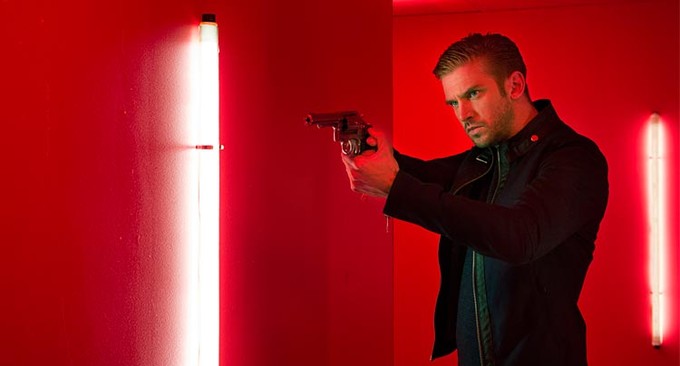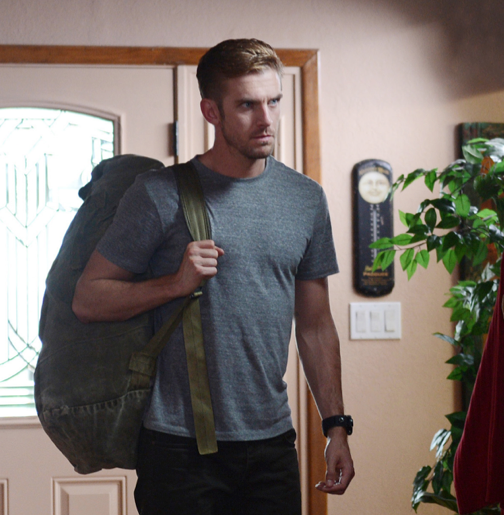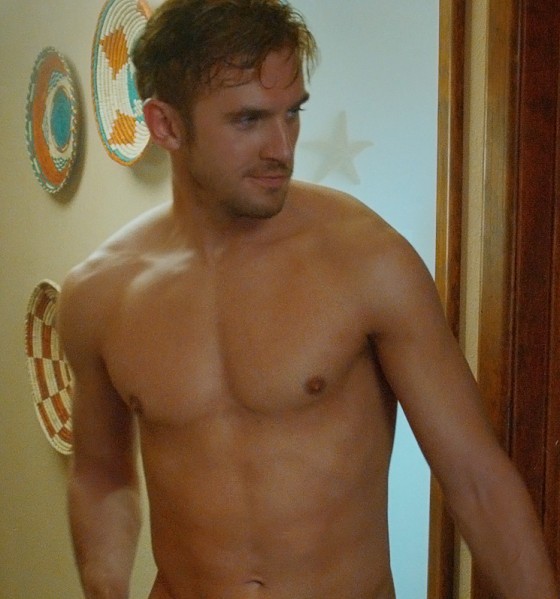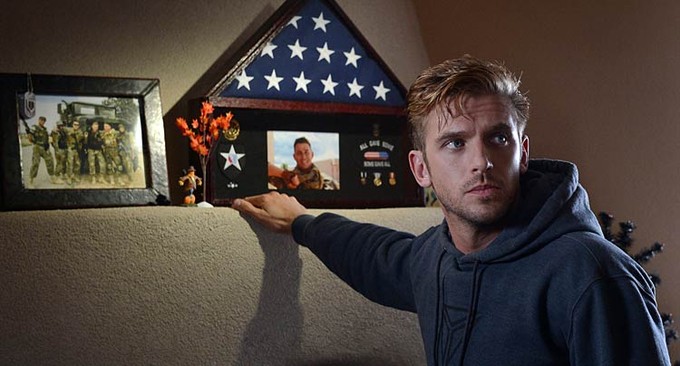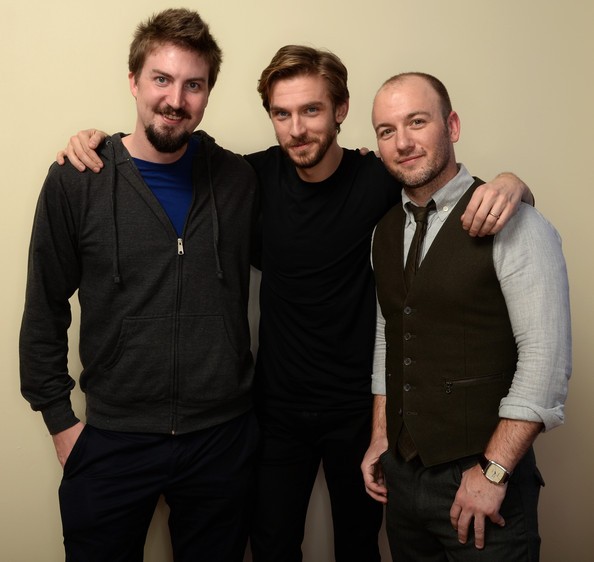Ain't It Cool News (www.aintitcool.com)
Movie News
Capone gets an unexpected visit from THE GUEST star Dan Stevens, director Adam Wingard, and writer Simon Barrett!!!
Hey everyone. Capone in Chicago here.
Capone: Can you talk about the physical transformation that you had to make? What did you have to go through to physically prepare, including weapons and fight training?
Readers Talkback

